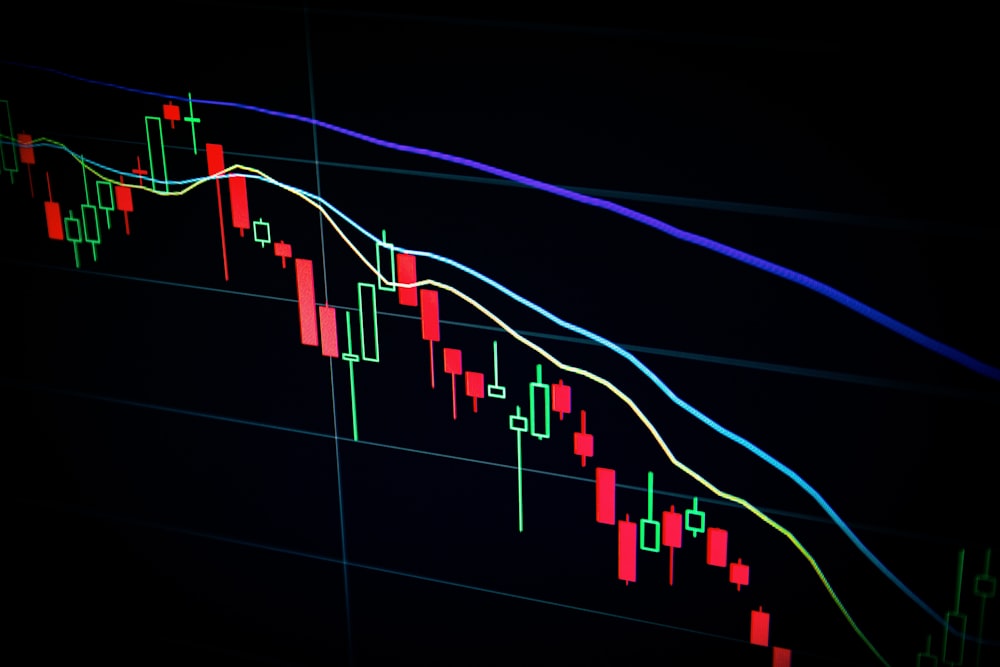While sentiment from political news often plays a role in Bitcoin's fluctuations, a closer look reveals a more comprehensive picture. Multiple factors, particularly economic indicators from the U.S., seem to hold more sway over Bitcoin’s price in the medium term than isolated military events. For instance, during the recent conflict, Bitcoin maintained its ground, closing above key support levels rather than entering a state of crisis.
Historical trends indicate that Bitcoin tends to perform better during geopolitical uncertainty compared to traditional assets like equities. While not a conventional safe haven, Bitcoin often draws investment during times of crises, providing some investors with a hedge against systemic uncertainty. BlackRock's recent report supports this notion, showing Bitcoin's relative strength compared to the S&P 500 and gold during previous geopolitical shocks.
For average crypto users, this could imply a stronger case for Bitcoin as a long-term investment. The asset’s ability to maintain stability in turbulent times may suggest it can serve as a hedge against broader market volatility. Understanding how international events can shape market sentiment and price action will be crucial for making informed investment decisions moving forward.




